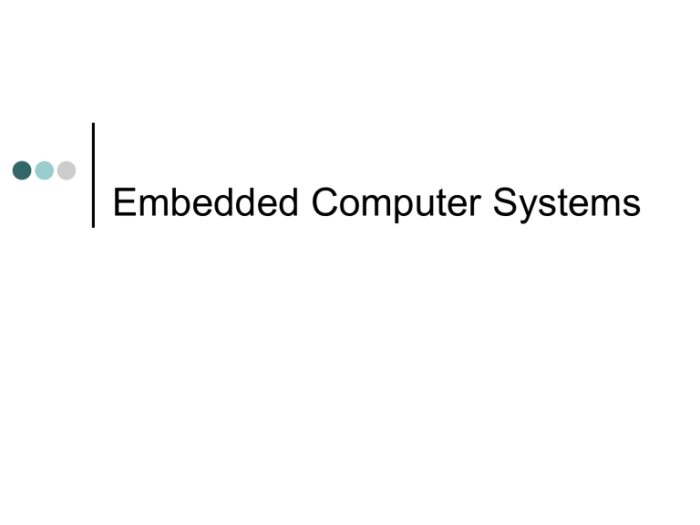Delving into the realm of lecturer root word prefix and suffix, we embark on a linguistic exploration that unveils the intricate structure and diverse meanings of words derived from the Latin root “lect.” By examining prefixes and suffixes, we uncover the power of language to convey precise and nuanced concepts.
This discourse will delve into the etymology of the root word “lect,” shedding light on its origins and evolution. We will then explore the various prefixes and suffixes that can be attached to “lect,” analyzing their semantic contributions and providing illustrative examples.
Root Word

The root word “lect” means “to choose or pick.” It is derived from the Latin word “lectus,” which means “chosen.” Words that share the root word “lect” include “elect,” “select,” and “collection.”
Origin of the Root Word “lect”
The root word “lect” originated in the Proto-Indo-European language, where it was pronounced as “leg.” This root word has cognates in many other Indo-European languages, including Greek, Sanskrit, and Old English.
Prefix

Prefixes are affixes that are added to the beginning of a root word to modify its meaning. In the case of the root word “lect,” several prefixes can be added to create new words with different meanings.
The following are some of the most common prefixes that can be added to the root word “lect”:
Prefix “con-“
The prefix “con-” means “with” or “together.” When added to the root word “lect,” it creates words that refer to something that is done together or in conjunction with something else.
- Example:“conlecture” (a lecture given by multiple speakers)
Prefix “de-“
The prefix “de-” means “down” or “away.” When added to the root word “lect,” it creates words that refer to something that is taken away or removed.
- Example:“delecture” (to remove a lecture from a schedule)
Prefix “e-“
The prefix “e-” means “out” or “from.” When added to the root word “lect,” it creates words that refer to something that is emitted or sent out.
- Example:“electure” (a lecture that is given over the internet)
Prefix “pre-“
The prefix “pre-” means “before.” When added to the root word “lect,” it creates words that refer to something that happens before a lecture.
- Example:“prelecture” (a short lecture that is given before a longer lecture)
Prefix “re-“
The prefix “re-” means “again” or “back.” When added to the root word “lect,” it creates words that refer to something that is done again or repeated.
- Example:“relecture” (to read a lecture again)
Suffix

Suffixes are morphemes that are added to the end of a word to change its meaning or function.
The following suffixes can be added to the root word “lect”:
-ion
The suffix “-ion” forms nouns that refer to the act or process of something. For example, the word “election” refers to the act of electing someone.
- election
- collection
- construction
-or
The suffix “-or” forms nouns that refer to a person who does something. For example, the word “lector” refers to a person who gives lectures.
- lector
- conductor
- inspector
-ive
The suffix “-ive” forms adjectives that refer to something that has a particular quality or characteristic. For example, the word “elective” refers to something that can be chosen.
- elective
- collective
- constructive
Word Formation

Words can be formed by combining root words with prefixes and suffixes. A root word is the basic form of a word, and prefixes and suffixes are affixes that are added to the beginning or end of a root word to change its meaning.
The root word “lect” means “to speak.” The following table shows some examples of words that can be formed using the root word “lect,” prefixes, and suffixes:
| Root Word | Prefix | Suffix | Example Word |
|---|---|---|---|
| lect | con- | -ure | lecture |
| lect | re- | -ion | recitation |
| lect | se- | -or | selector |
The word “lecture” means “a speech or talk given to a group of people.” The prefix “con-” means “together,” the suffix “-ure” means “the act of,” and the root word “lect” means “to speak.” Therefore, the word “lecture” means “the act of speaking to a group of people.”
The word “recitation” means “the act of reciting something.” The prefix “re-” means “again,” the suffix “-ion” means “the act of,” and the root word “lect” means “to speak.” Therefore, the word “recitation” means “the act of speaking something again.”
The word “selector” means “a person who selects something.” The prefix “se-” means “apart,” the suffix “-or” means “a person who,” and the root word “lect” means “to speak.” Therefore, the word “selector” means “a person who speaks apart.”
Usage in Context: Lecturer Root Word Prefix And Suffix

Words derived from the root word “lect” are frequently used in various contexts, including academia, literature, and everyday speech. The prefixes and suffixes attached to the root word modify its meaning, creating a range of terms with distinct connotations.
Words in Sentences, Lecturer root word prefix and suffix
- Lecture: “The professor delivered an engaging lecture on the history of philosophy.”
- Lecturer: “Dr. Smith is a renowned lecturer in the field of linguistics.”
- Electorate: “The electorate voted overwhelmingly in favor of the new candidate.”
- Selection: “The committee made a careful selection of the most qualified applicants.”
- Intellectual: “He is an intellectual with a profound understanding of literature.”
In these examples, the prefixes and suffixes alter the meaning of the root word as follows:
- Lecture: The prefix “le” (meaning “to read”) indicates an act of delivering a formal spoken discourse.
- Lecturer: The suffix “-er” denotes a person who performs an action, in this case, delivering lectures.
- Electorate: The suffix “-ate” signifies a group of people, in this case, those eligible to vote.
- Intellectual: The suffix “-al” denotes a quality or characteristic, in this case, intelligence.
li>Selection: The prefix “se” (meaning “apart”) and the suffix “-tion” indicate an act of choosing or separating.
Q&A
What is the origin of the root word “lect”?
The root word “lect” originates from the Latin verb “legere,” meaning “to read” or “to choose.”
What is the meaning of the prefix “con-” when added to “lect”?
The prefix “con-” typically denotes “together” or “with,” as in the word “collect.”
How does the suffix “-ion” change the meaning of “lect”?
The suffix “-ion” often indicates an action or process, transforming “lect” into “lection,” meaning “a reading” or “a lesson.”
